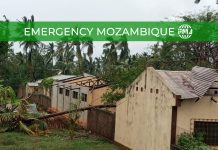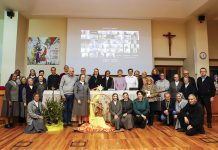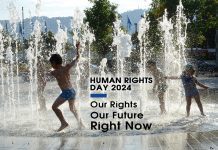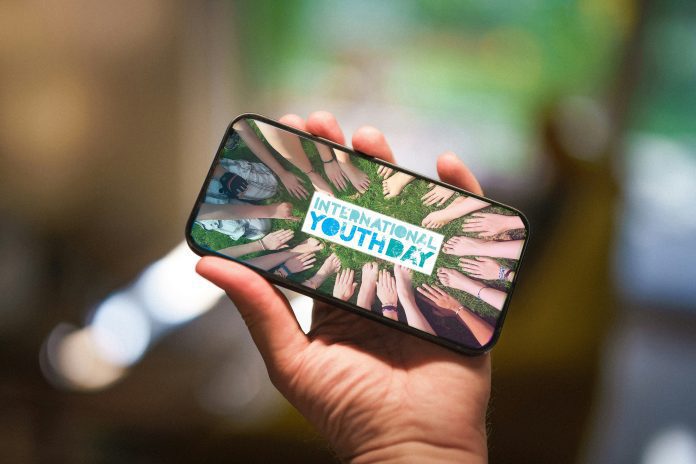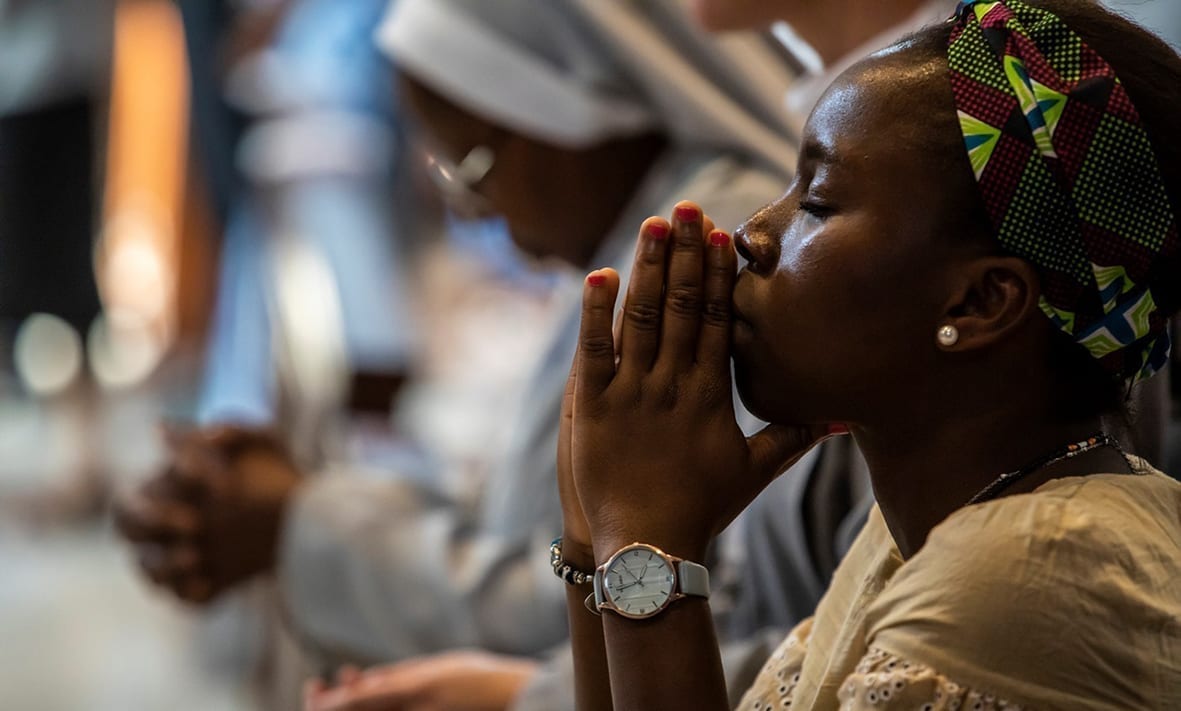Rome (Italy). On 12 August 2024, the UN General Assembly established International Youth Day (IYD) in 1999 to give voice to young people and their initiatives and to encourage their meaningful and universal participation in economic, social, and political life and processes.
From Clicks to Progress: Youth Digital Pathways for Sustainable Development” is the theme of Youth Day 2024, chosen to highlight the connection between the youth world, the digital world, and the progress of the Sustainable Development Goals (SDGs).
Digitization is transforming the world, offering unprecedented opportunities to accelerate sustainable development and digital technologies such as mobile devices, services, and artificial intelligence, become key to achieving the Sustainable Development Goals (SDGs).
Young people are at the forefront of digital adoption and innovation: as reported by the United Nations office website UN DESA, in 2022, three quarters of people aged 15-24 will use the internet, a higher rate than other age groups. However, disparities persist, particularly in low-income Countries and among young women, who often have less access to the internet and digital skills than their male counterparts.
As the 2030 SDG deadline approaches, young people remain a key demographic to harness the transformative power of technologies to address global challenges.
For this day, a webinar is organized each year and the Office has also launched #YouthQuizzes at the beginning of 2024, submitted a joint contribution that aims to respond to the request for input launched by the United Nations High Commissioner for Human Rights (OHCHR) in the context of preparing a detailed study on solutions to promote digital education for young people and ensure their protection from online threats, as required by Human Rights Council resolution 51/17 (October 2022).
The data and information obtained for this contribution come from the advocacy work carried out by IIMA Human Rights Office and VIDES International within the framework of the UN in Geneva and in collaboration with IIMA and VIDES members on the ground, as well as other local partners, including the Congregation of Our Lady of Charity of the Good Shepherd (RGS), the Comboni Missionary Sisters (CMS), and the Sisters of Our Lady of the Missions (RNDM). Specific information for this presentation was provided by 27 members and partners from the following 16 Countries: Europe (France, Germany, and Spain), America (Argentina, Brazil, Ecuador, Paraguay, Peru, Panama, Nicaragua, and Costa Rica), Asia (Myanmar, Nepal, and India), and Africa (Kenya and South Sudan).
Here are some key recommendations for international measures to promote digital education and protect young people from online threats:
To the United Nations High Commissioner for Human Rights (OHCHR): Provide guidance and technical support to member States in designing and implementing their youth policies and programs, with a clear focus on addressing the digital divide and online threats.
To UN member States: a) systematically integrate the implementation of youth human rights in special procedures, treaty bodies, and universal periodic review; b) In the framework of the implementation of the Sustainable Development Goals (SDGs), take all possible measures to empower young people, especially in exercising their right to quality education, including digital education.
The Institute of the Daughters of Mary Help of Christians, together with young people, we confront the communication culture, Educommunication, artificial intelligence issues, relationships in the world of social networks, social inequalities to inhabit digital environments in a conscious and responsible manner, to learn about the dynamics of the information culture, and to develop a critical and creative mentality (Cf. Acts FMA GC XXIV n. 19).


